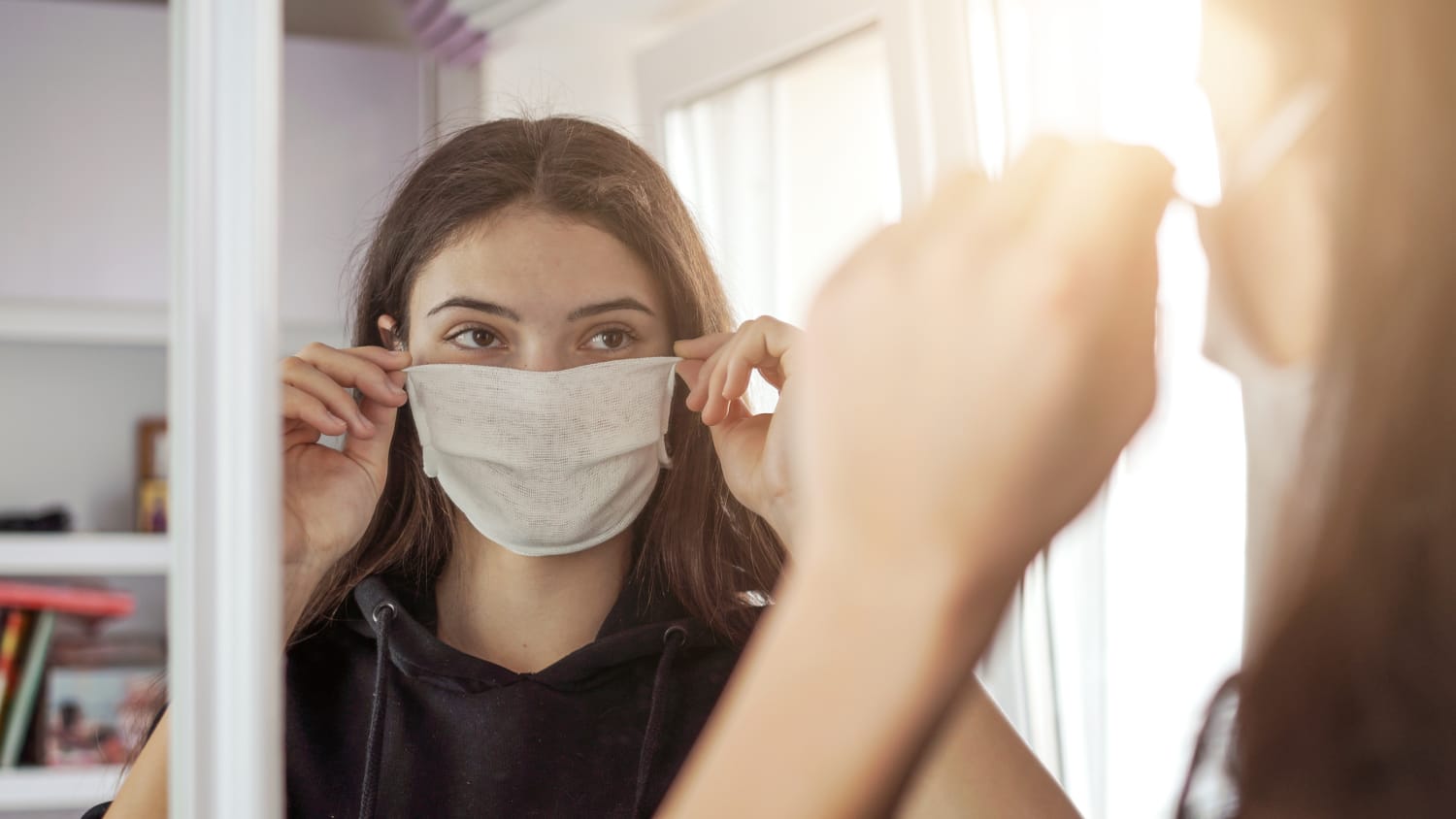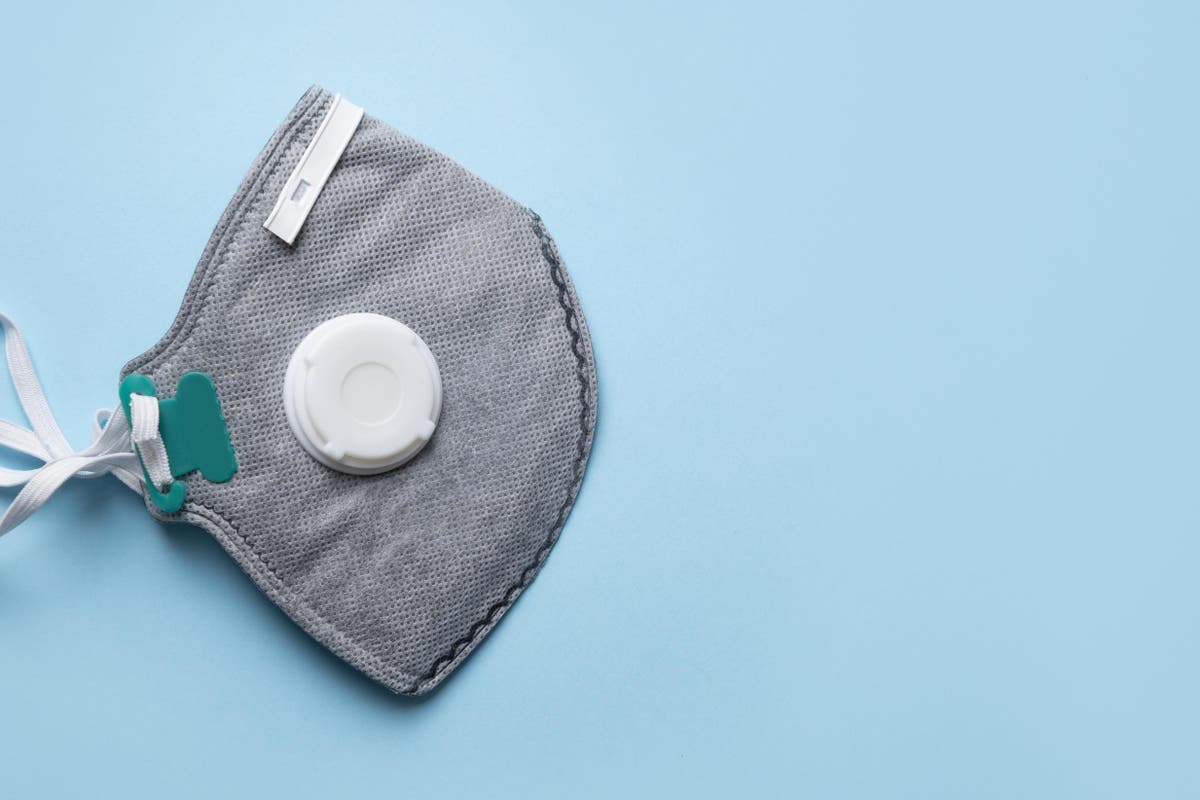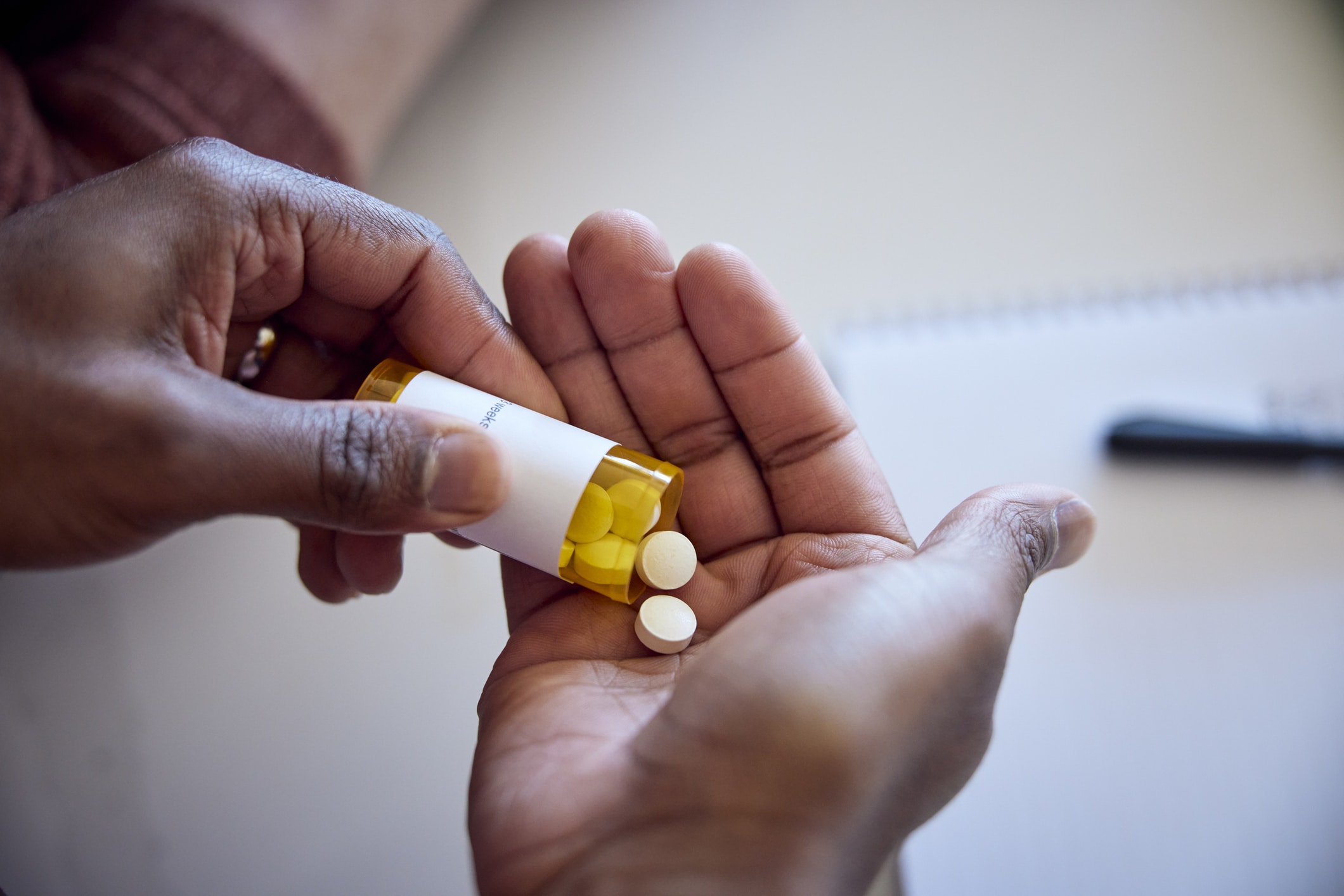What Are the Differences Between Valved and Unvalved Face Masks?

Everybody has been taking precautions and increasing their personal hygiene measures ever since the WHO announced the Coronavirus (COVID-19) as a pandemic. Some of this has been achieved by purchasing face masks. However, many people have never purchased one before, so they may not know what to purchase. Below we explain the differences between a valved face mask and an unvalved one.
Which Is Better, Valved Or Unvalved Masks?
Ventilators make breathing in masks more comfortable. You’ll understand how hot, stuffy, and sweaty these can quickly become if you’ve ever worn an unvalved face mask. Condensation forms on your glasses and steams them, which can be inconvenient for wearers of glasses.
Over the part of the mask that rests on your nose and mouth, a small piece of plastic is used as a valve. The mask allows air to escape as you breathe out, which allows the temperature to be better controlled and you to comfortably wear it for a longer period of time.
It is important to know, however, that a valved mask does not shield those surrounding you from potentially hazardous particles. A valve closes when you breathe in, preventing harmful air particles from entering your lungs. When you exhale, the valve opens again. The air you push out will spread into the air, making it much easier for you to breathe. A valved mask might release particles that are harmful to those nearby, even if the person doesn’t show any symptoms of Coronavirus.
Which Masks Offer The Most Protection?
It is best to take into consideration your lifestyle and which mask is best suited to your needs when deciding which mask is most suitable for you.

Masks with FFP1 levels of respiratory protection offer the lowest protection, with 4 APFs (assigned protection factors), and masks with FFP3 levels of protection offer the best protection. The FFP2 standard sits between these two options, since it meets the guidelines of the WHO and is like the N95 masks found in the US. From UK Meds, you can buy these protections that provide protection against materials that have up to a 12x OEL or 10x APF concentration.
You can wear a lower protection mask if you never leave the house in your day-to-day life and are not considered vulnerable. A mask from the FFP2 or FFP3 is more appropriate if you are considered vulnerable, whether due to aging or health conditions.
Is A Face Mask Necessary For Protection Against Coronaviruses?
Wearing a respirator mask offers distinct advantages over not wearing one at this point when it comes to preventing Coronavirus infection.
The only way to protect yourself against COVID-19 is to follow all government recommendations on distancing yourself socially and observing good personal hygiene. Use hand sanitiser between hand washings and wash your hands thoroughly and regularly. Consider wearing disposable gloves when performing certain tasks. Wipe down all shared surfaces with disinfectant.

 Finding the Best Teen Mental Health Facility in Phoenix
Finding the Best Teen Mental Health Facility in Phoenix  Unleashing Your Ultimate Performance: How Dr. Sue’s Sport Hypnotherapy Transforms the Game
Unleashing Your Ultimate Performance: How Dr. Sue’s Sport Hypnotherapy Transforms the Game  Get Help for Your Teen: Understanding the Importance of Teen Mental Health Therapy
Get Help for Your Teen: Understanding the Importance of Teen Mental Health Therapy  Semaglutide Pills for Diabetic Patients and its role in Weight Management
Semaglutide Pills for Diabetic Patients and its role in Weight Management  How and When Must Drug Companies Participate in the 340B Program?
How and When Must Drug Companies Participate in the 340B Program?  What You Need to Know About Bacterial Infections: Causes, Symptoms & Treatment
What You Need to Know About Bacterial Infections: Causes, Symptoms & Treatment  Online Tool Guide Zardgadjets: What Sets It Apart
Online Tool Guide Zardgadjets: What Sets It Apart  The online event of the year ScookiEvent
The online event of the year ScookiEvent  PO Box 6887 Coventry: Understanding Postal Solutions in the Heart of the Midlands
PO Box 6887 Coventry: Understanding Postal Solutions in the Heart of the Midlands  Is Covatza3.9 Software Free? A Complete Analysis
Is Covatza3.9 Software Free? A Complete Analysis